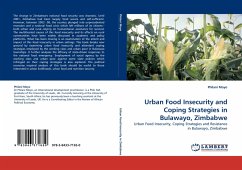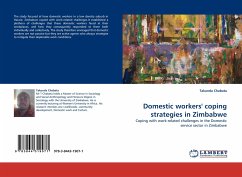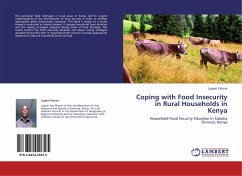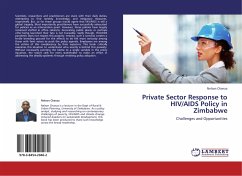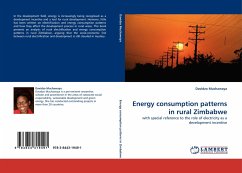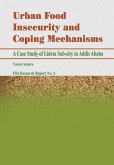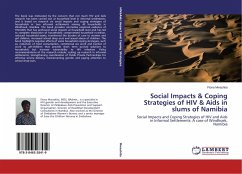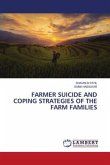The change in Zimbabwe's national food security was dramatic. Until 2001, Zimbabwe had been largely food secure and self-sufficient. However, between 2002- 08, the country plunged into unprecedented recession and a national food crisis which left millions of its citizens--both urban and rural--relying on humanitarian assistance for survival. The multifaceted causes of this food insecurity and its effects on rural communities have been widely discussed in academic and policy platforms. What has been missing is an examination of the extent and impact of this food insecurity in urban settings. This book breaks new ground by examining urban food insecurity and attendant coping strategies employed by the working class and urban poor in Bulawayo townships. It further analyses the efficacy of state-driven responses to the national food emergency. Employment of social agency by the working class and urban poor against some state policies which infringed on their coping strategies is alsoexplored. The political economy inspired analysis of this book should be useful to those interested in urban livelihoods, urban food and nutrition security.

